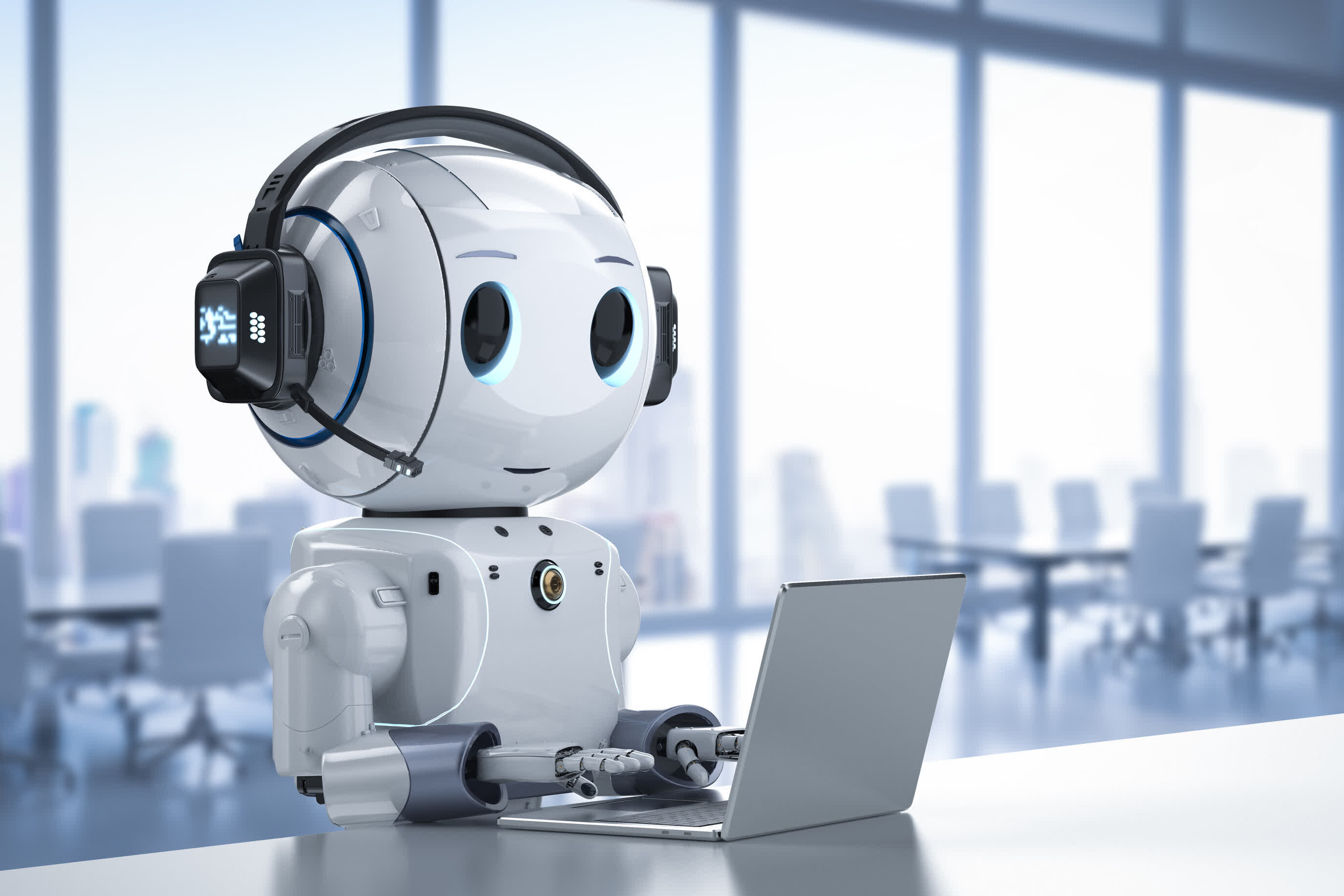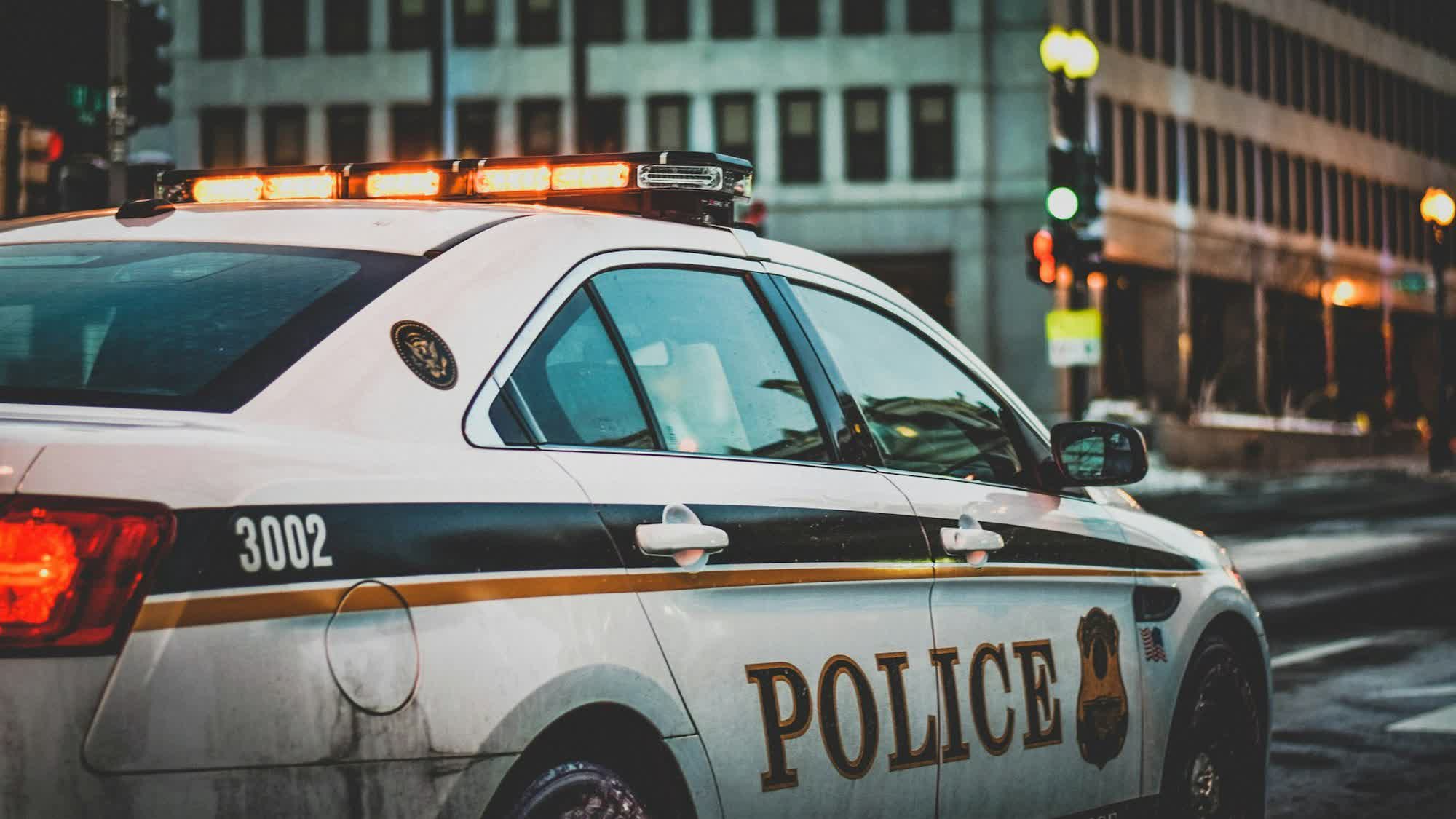In context: More than a decade ago, law enforcement authorities started equipping police officers with body-worn cameras to record their interactions with civilians. Over the last decade, police departments across the US have invested in bodycams to improve people's trust in the police and flag troublesome behavior by officers of the law.
Most police departments don't have the resources to sift through all their body-cam footage, meaning most of it remains unreviewed and unexamined. According to Axon, a company that provides body-cams for the police and cloud storage facilities for the videos they capture, the total database of footage currently stands at over 100 petabytes, which is similar in size to that of 25 million full-length Hollywood movies.
Since sorting through this mind-boggling database is an impossibility for humans, some police departments are now turning to AI to review the footage to identify risky behavior among officers. One of the pioneers in this area is the Patterson, NJ, police department, which took recourse to AI to sift through bodycam audio and video after police there shot and killed a local man with mental health issues last year.

As reported by ProPublica, Patterson PD has a contract with a Chicago-based software company called Truleo to examine audio from bodycam videos to identify problematic behavior by officers. The company charges around $50,000 per year for flagging several types of behaviors, such as when officers use force, interrupt civilians, use profanities, or turn off their cameras while on active duty. The company claims that its data shows such behaviors often lead to violent escalation.
Truleo is working with around 30 police departments across the country, and recently signed a contract with the NYPD for a pilot program to review the footage from its officers' bodycam videos. In addition to Truleo, other analytics providers like Dallas-based Polis Solutions are also working with various police departments to examine bodycam footage using AI software. Last year, the LAPD also announced plans to work with researchers from a number of universities to develop a new AI-powered tool to examine bodycam audio and video.
The use of AI-based solutions to examine body-cam footage, however, is getting pushback from police unions pressuring the departments not to make the findings public to save potentially problematic officers. In some cases, they have also been successful in stopping supervisors from disciplining officers based on video reviews. At least two departments - Seattle, WA and Vallejo, CA - were forced to cancel their Truleo contracts by their respective police unions.
